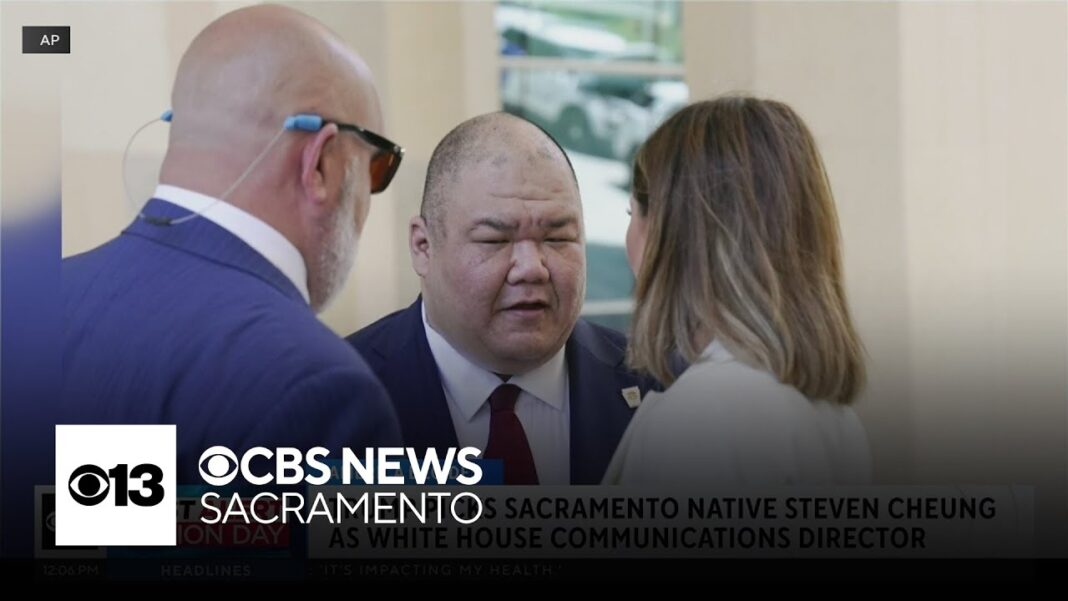Trump’s win gives him pardon power but it’s unclear how he will exercise it.
After President-elect Donald Trump won a second term, multiple defendants charged for their roles in the events of Jan. 6, 2021, asked to delay their cases because they anticipate pardons from Trump.
Many were denied, but each nonetheless raised questions about how Trump will handle the cases.
According to data collected by NPR, more than 1,500 people have been charged in relation to Jan. 6, with nearly 1,000 pleading guilty.
At least a dozen cases have been dismissed, while plenty remain with changes following Trump’s election. At the beginning of November, the U.S. Attorney for the District of Columbia announced multiple sentences and guilty verdicts.
Various factors could determine whether these individuals end up avoiding jail time, but perhaps the most important is Trump’s eventual control of the Department of Justice (DOJ) and who will lead that department.
On Nov. 13, Trump announced Rep. Matt Gaetz (R-Fla.) as his pick for attorney general. Gaetz has been critical of the prosecutions and introduced a bill in July that was intended to prevent prosecutors from retaliating against Jan. 6 defendants for seeking resentencing. Gaetz has also questioned federal involvement, stating that Jan. 6 “wasn’t an insurrection” but that it “very well may have been a fedsurrection.”
Assuming the presidency also grants Trump substantial pardon power under the Constitution: Trump has indicated that he’s open to pardoning those charged but left open the possibility that some would face punishment.
“We will treat them fairly,” he said in January 2022. “And if it requires pardons, we will give them pardons, because they are being treated so unfairly.”
More recently, during an event in July, he was asked about individuals who assaulted officers. He said he would “absolutely” pardon the defendants “if they’re innocent” and added that “they were convicted by a very tough system.”
More than 70 defendants have received a mixed verdict, and so far, more than 1,000 people have been sentenced, with 64 percent receiving prison time, according to NPR data. Some defendants have also taken plea deals.
By Sam Dorman









